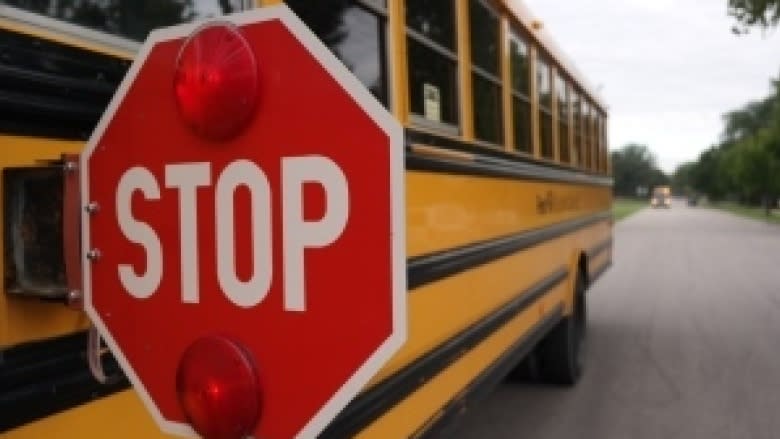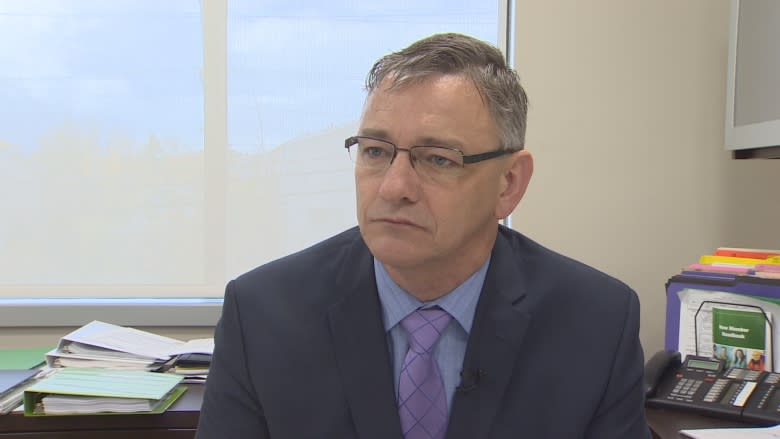Union raising concerns about school bus safety after buses pulled off road
The union that represents government inspectors is worried they are being stretched too thin when it comes to inspecting school buses.
In the last couple of weeks, Service NL has pulled eight school buses off the road, seven of them belonging to one company.
"Clearly, this demonstrates that there are buses on the roads that are of concern," said Jerry Earle, president of the Newfoundland and Labrador Association of Public and Private Employees.
"The major problem we have is the resources to do these inspections," said Earle. In this case, "resources" means people.
"These highway enforcement officers have much more (to do) than just school buses." said Earle. "What the public has to realize (is) it's everything from ambulance fleets to heavy equipment to tractor trailers that are on our highways."
In fact, Service NL has only about 45 highway enforcement officers in the province doing the inspections.
"We have heard people talk about lessening these resources," said Earle. "That would be a major concern."
Operators doing own inspections
Some school bus operators are certified by Service NL and allowed to inspect their own buses.
"That would be concerning to me as a member of the general public," said Earle. "When you put the fox in charge of the henhouse, it would be concerning."
More frequent inspections
Earle says highway enforcement officers should be doing independent — and more frequent — inspections.
"Their primary responsibility is the safety, in this case, on school buses, of our children," he said. "That is critical in their minds that if they can't do their job or miss something, there could be significant consequences to it."
Service NL says all school buses in the province get inspected twice a year, with 30 per cent randomly selected for inspections in the spring.
"The 30 per cent leaves them with some concern. They feel it could be a higher mark," said Earle.
Earle says the policy makers need to talk to enforcement officers.
Listen to enforcement officers
"Talk to those on the front line," he said. "They would be able to suggest to those who are making the decisions, what would be appropriate inspections, what would be appropriate percentage of inspections."
"For those who are sitting behind a desk making decisions, it should be those who are on the front lines telling you whether it is adequate or inadequate."
Most of the inspectors have been in the system for a long time, says Earle.
"They pretty well know where there are concerns, and if officials were to speak with them, they could identify areas where there could be greater attention paid to."
If the government has to make cuts to save money, says Earle, it shouldn't cut inspectors.
"When I hear talk about cuts to the public service, we keep saying, where you remove people, you remove services. We don't believe you can remove a single person without impacting the safety of our children, "said Earle.



